Nutritious Green Foods You Didn’t Know About
Good nutrition is all about variety! Browse through our list of unusual fruits and veggies and give yourself a chance to try something new.


I am trying to slim down for my wedding next June. I am 5′ 3″ and woke up at 129 pounds this morning but fluctuate a few pounds regularly. I work out for the most part 5 days a week switching each day a different aspect of weight lifting for different body parts (chest, legs, arms, etc.). I do not do a lot of cardio, maybe 5-10 minutes after a non-leg day work out – usually treadmill. I know my lack of continued weight loss is partially due to my diet but would love some advice on what I should try to eat more of. I do try to eat salads and chicken and such. Sorry if this is too generic. Let me know if you need more info to properly answer. Thank you in advance.
– Danielle S.

Dear bride-to-be, I’m so glad you’re addressing your shape now and not at the last minute! Your desire to focus on what to eat more of shows your positive attitude. You can’t go wrong with more vegetables and water. Try to get at least 3 cups of veggies and 6 glasses of straight water daily. More calories in the morning versus late afternoon/evening can be key to burning off what you do eat. If your diet is relatively fat-free, it could leave you hungry. A spoonful of healthy fat at each meal can help keep you satisfied and may actually prevent greater calories later. As the American Council on Exercise* puts it, “Including fat at each meal will help you to feel fuller for longer, balance blood sugar level, and increase your satisfaction with each meal.” Of course you can’t add things to your diet without reducing calories elsewhere.
For stress-free dieting, consider eating your meals with a FIRST, THEN approach:
FIRST plan your meals, THEN shop for what you need. FIRST pack your lunch, THEN you can supplement if plans change. FIRST have a glass of water, THEN eat your meal. FIRST eat your vegetables, THEN your other meal components. FIRST eat fresh fruit, THEN if still hungry have a teacup size of dessert.
Be sure to stay tuned and keep reading our Living Healthy blog for more weight loss articles, menu suggestions and healthy recipe ideas.
– Debbie J., MS, RD
Want more? SUBSCRIBE to receive the latest Living Healthy articles right in your inbox!
This article should not replace any exercise program or restrictions, any dietary supplements or restrictions, or any other medical recommendations from your primary care physician. Before starting any exercise program or diet, make sure it is approved by your doctor.
Some questions have been edited for length and/or clarity.
 Have a nutrition question? Our registered dietitian is ready to help!
Have a nutrition question? Our registered dietitian is ready to help!
Email nutrition@lafitness.com or submit your question below and it may be featured in an upcoming article!
Good nutrition is all about variety! Browse through our list of unusual fruits and veggies and give yourself a chance to try something new.
Does liberally salting your food help you pump more iron in the gym? Registered Dietitian, Debbie James, investigates the claims!
One frequently asked question is about the recommended intake of protein. We hear you! Here is everything you need to know.
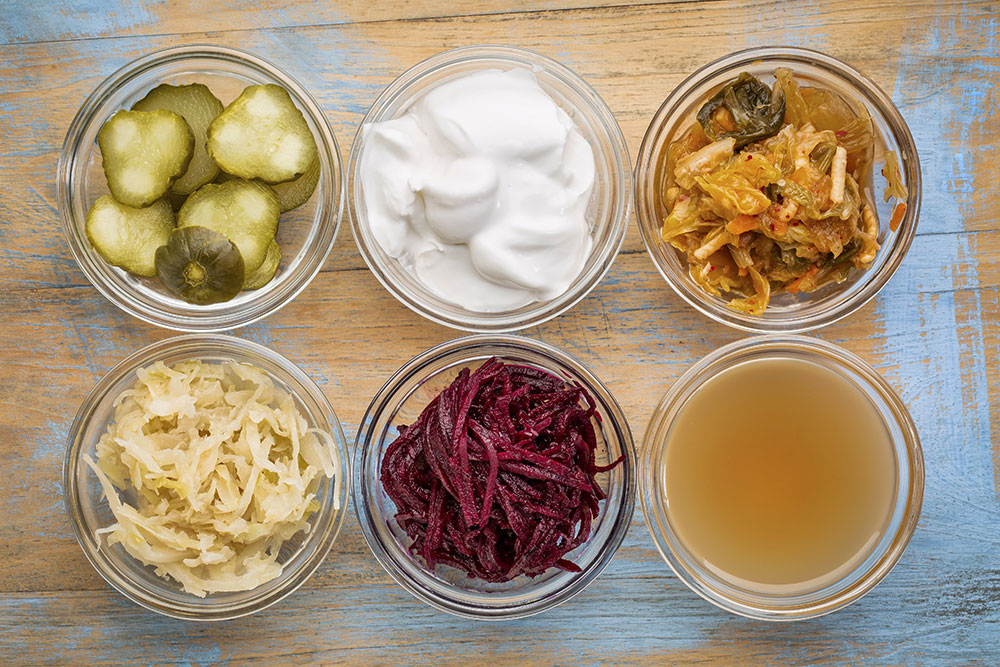

While yogurt has been at the forefront of US probiotic food sales, kombucha tea is gaining popularity. It can thank fermented foods like sauerkraut, kimchi and kefir for paving the way. For thousands of years, fermentation has been used across the globe to retain shelf-life, prevent food spoilage, and produce alcohol.
What is fermentation? It is the slow, primarily anaerobic oxidation of sugars [induced by microorganisms (probiotics) or by enzymes of plant or animal origin] to other compounds, which produces energy for the microorganism.
In addition to the aforementioned, the list of available fermented items includes foods such as sourdough bread, beer, wine, fermented soybeans, fava bean flour, fermented sausage, fermented rice vinegar, fermented malt-based beverages, and fermented noni juice. Besides being epicurean, these foods are also healthy. Consumption of fermented foods is associated with numerous health benefits1.
The underlying microbial functionality of fermented foods has been unfolding in the last decade. Take the case of yogurt and kefir, for example: Fermented dairy foods have long been known to benefit gut health by way of intestinal microbiota. It was found that lactobacilli, the bacteria present in fermented dairy, also reduced vaginal and bladder infections by competing with pathogens2. Presently, fermented dairy products are associated with a reduced risk of cardiovascular disease and certain cancers, and an improvement in immunity and metabolism, showing that the benefits of fermented dairy can go beyond the gut to other sites in the body as well.
From coffee’s suspected relation to improvements in mental health1 to fermented soy products’ connection with cardiovascular health1, these functional foods provide important enhancements to our overall health. Even glucose homeostasis (which is not isolated to a particular organ or body site) has been shown to be positively affected by fermented dairy products and kimchi. Now researchers are investigating whether fermented noni fruit juice has anti-diabetic effects. Where will we go next? Current research is investigating the bioactive compounds in fermented foods to see their effect on inflammation, oxidative stress, blood pressure, and anti-radical capacity.


Speaking of blood pressure, here is a juxtaposition: While kimchi is salty, greater intakes of it are not associated with higher risk of hypertension*. Researchers speculate this is because of its function as a probiotic, preventing increases in blood pressure. They stated, “One of the beneficial effects of kimchi comes from the fermentation process by lactic acid bacteria, which leads to the eradication of pathogenic organisms and increases its health benefits and functionalities as a probiotic3.”
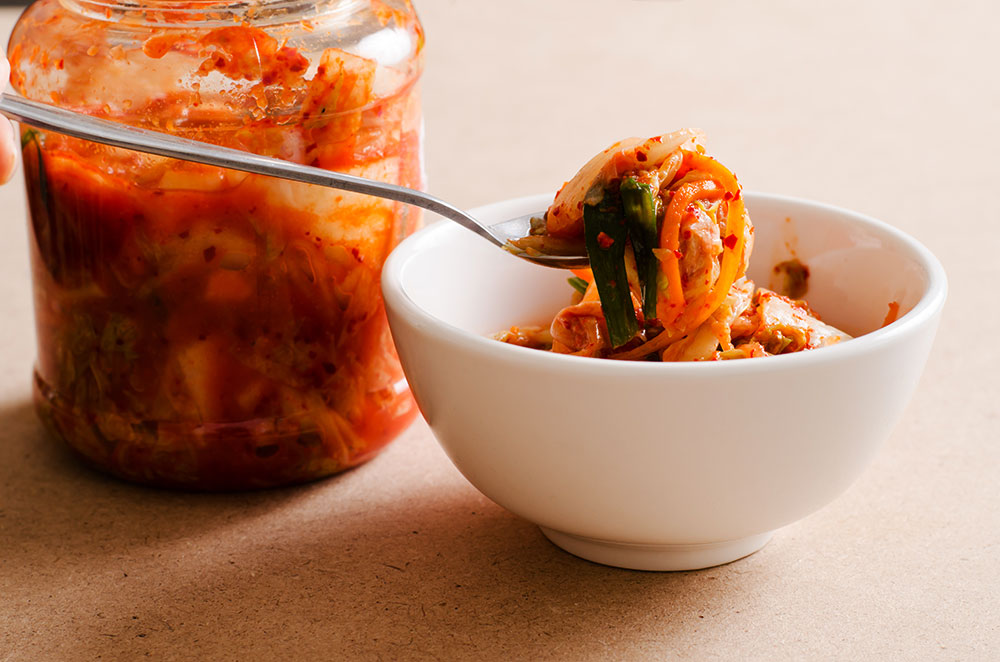
Fermentation, probiotics… getting confused? They are closely related, but not the same. Fermented foods contain living microorganisms of which some are genetically similar to strains used as probiotics1. Microbes in fermented foods introduce new compounds to the foods that are delivered to the gut, in a manner similar to probiotics.
While there may be a higher price tag for currently trendy fermented beverages, you can always incorporate basic sourdough bread, beer, wine, and active-culture yogurt as part of your fermented food arsenal.
*These results do not apply to obese men consuming ‘watery’ kimchi which has fewer probiotic components than do other types of kimchi.
Want more? SUBSCRIBE to receive the latest Living Healthy articles right in your inbox!
References
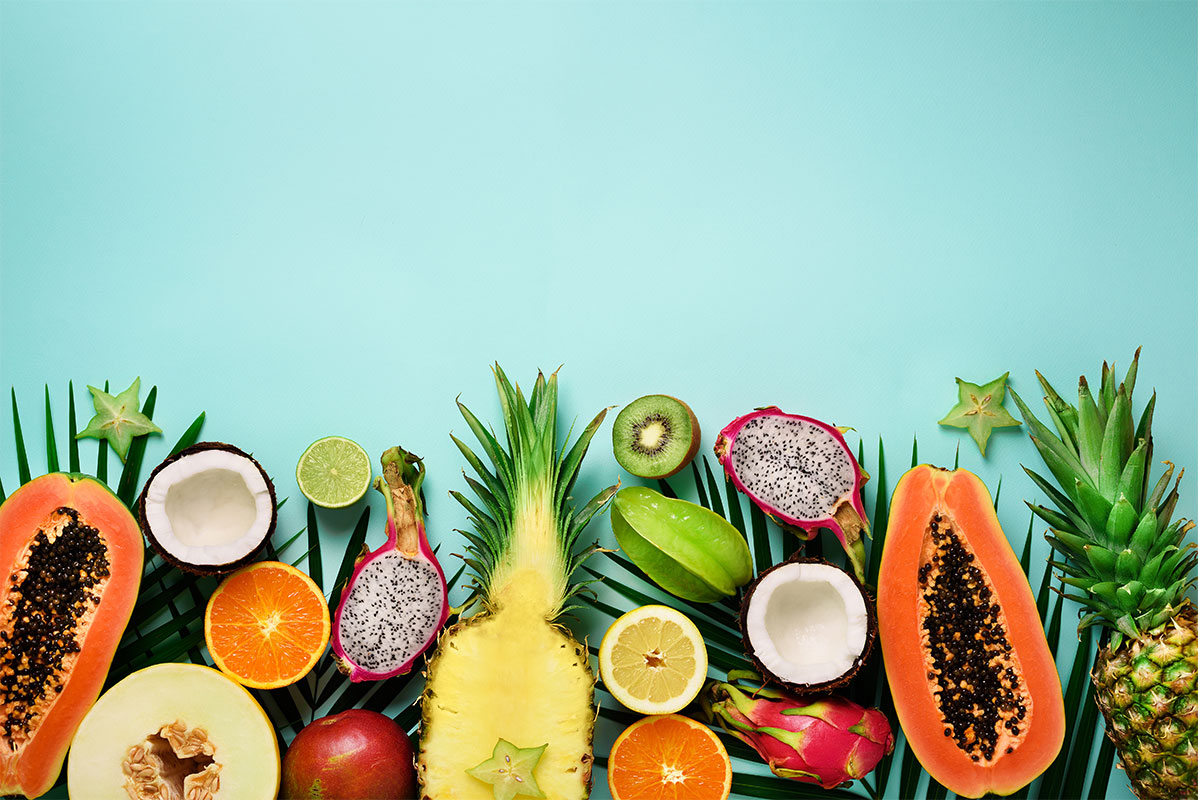
LA Fitness, RDN, Debbie James, helps answer a member question regarding fruit. Is there a right and wrong time of day to consume it? We find out.
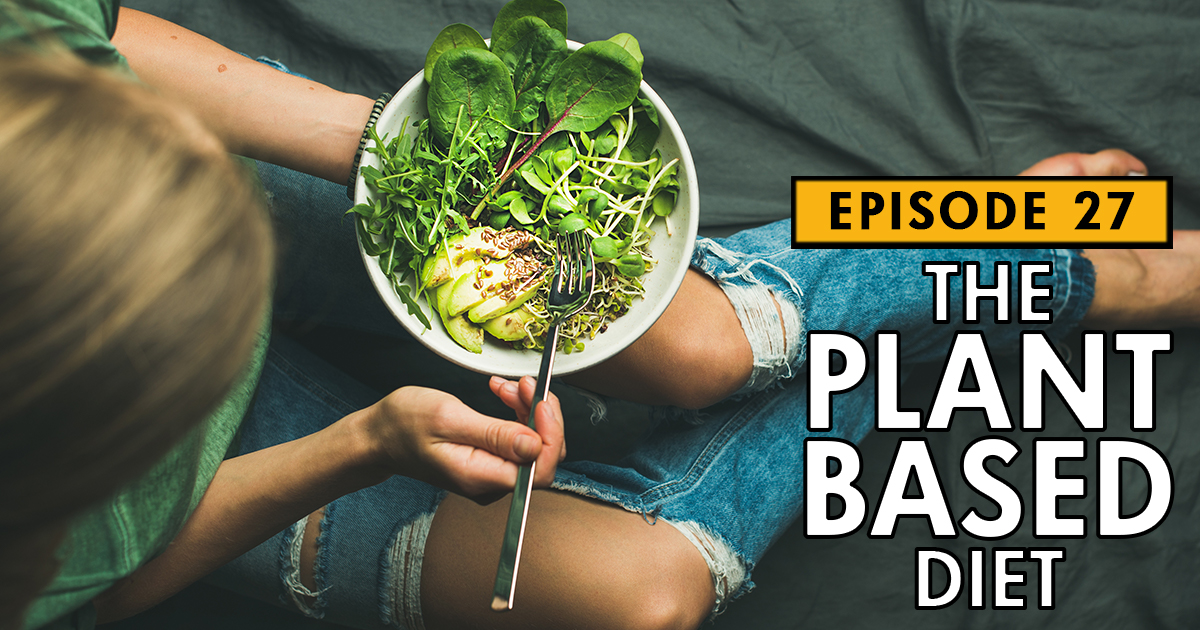
On this episode of the LHP, we’re discussing what a plant-based diet is, how it differs from a vegetarian diet, and whether or not you should try it.
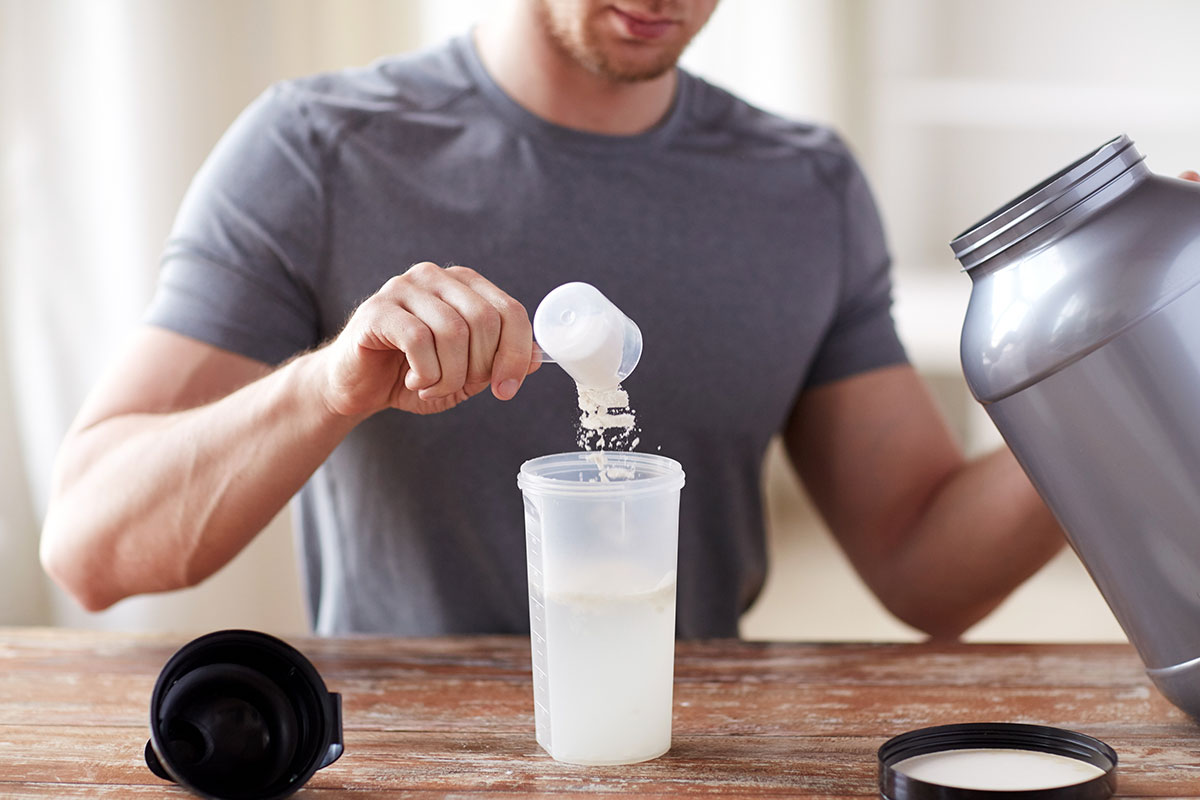
Debbie James, RDN, helps answer an LA Fitness member’s question regarding protein supplements to help build bigger muscles.


I am a vegan and was just wondering if you could give me some tips on my diet. I have been eating lots of beans, whole grains, fruits, and vegetables but I’ve noticed that I feel bloated. How many servings of proteins such as bean or lentils do you recommend daily? Are there any other sources of protein you recommend?
– Alyssa S

Many plant foods contain fermentable components that cause gas and bloating. These compounds are known as FODMAPs (fermentable oligosaccharides, disaccharides, monosaccharides and polyols) and certain sources have more than others. Since the list of foods high in FODMAPs is quite extensive, I’ve referenced it here. Following a diet low in FODMAPs is usually to treat gastrointestinal disorders and is best done under the supervision of a Registered Dietitian Nutritionist or gastroenterologist familiar with a low FODMAPs diet.
As you’re probably aware, fruit and fats/oils have negligible protein. Beans, lentils and peas are the best source of vegan protein (by weight) and two half-cup servings are recommended daily. Nearly complete amino acid profiles are found in soybeans and soy products. Since they aren’t high in methionine, you’ll need other legumes and grains to meet your methionine need. These should be eaten nearly every meal. To round out your amino acid profile with grains and beans, you should consume about an equivalent of 2 ounces of nuts daily, such as ¼ cup almonds or ½ C pumpkin seeds. This will help meet the remainder of your protein requirement.
– Debbie J., MS, RD


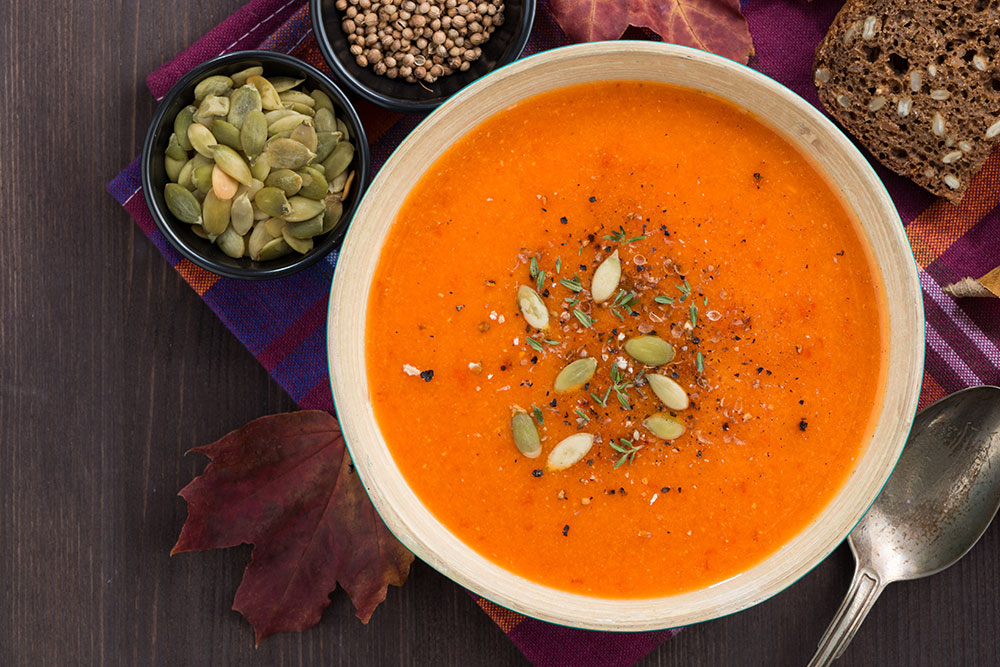
Want more? SUBSCRIBE to receive the latest Living Healthy articles right in your inbox!
This article should not replace any exercise program or restrictions, any dietary supplements or restrictions, or any other medical recommendations from your primary care physician. Before starting any exercise program or diet, make sure it is approved by your doctor.
Some questions have been edited for length and/or clarity.
 Have a nutrition question? Our registered dietitian is ready to help!
Have a nutrition question? Our registered dietitian is ready to help!
Email nutrition@lafitness.com or submit your question below and it may be featured in an upcoming article!
Debbie James, RDN, helps answer a reader’s question on BCAAs.
Debbie James, RDN, helps answer a reader’s question on macros.
The page you requested could not be found. Try refining your search, or use the navigation above to locate the post.
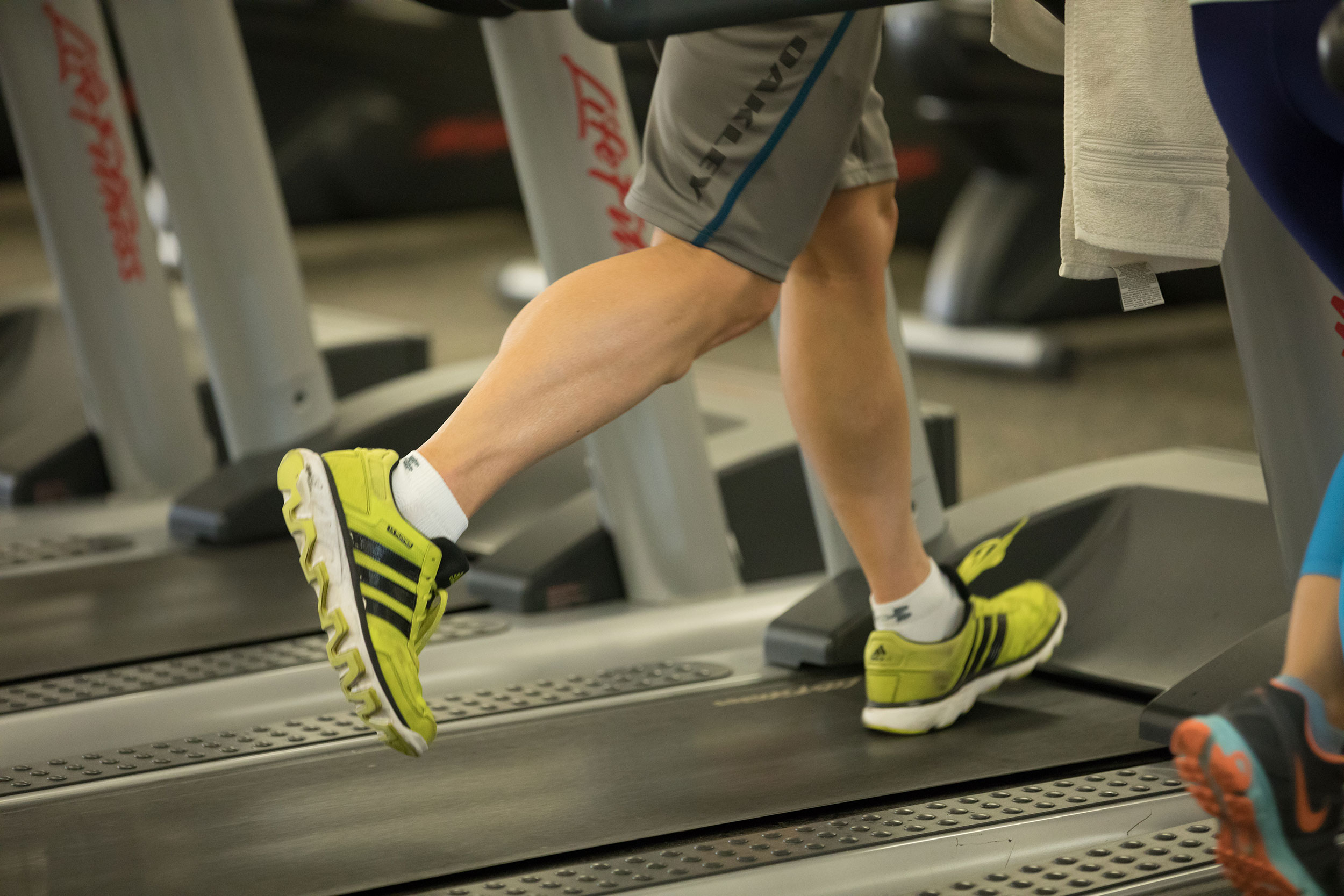

I’m a heavy guy and I need to pass my Physical Efficiency Battery (PEB) test next month. I can run 1.5 miles in 15 minutes and 53 seconds. I’m nervous because I can only do very short bursts, for a short period of time. I need a better diet and workout plan. I need to lose body fat. I don’t eat sweets or drink soda. If I do have a soda, it’s Pepsi, caffeine-free, or diet, aspartame-free. I eat a lot of chicken breast, rice, eggs, fish, oatmeal, nuts, peanut butter, rice cakes, and protein.
– Justin D.

Physical performance tests for public safety personnel such as your PEB test are tough to say the least! To increase your endurance and lose body fat, you’ll need to add a bit of vegetables, watch portions, and perhaps add a little fruit or dairy. Here’s a sample 2100 calorie day (32% fat, 43% carbohydrate, 25% protein) with your base diet in mind:
– Debbie J., MS, RD
Breakfast:
1 C. cooked plain oatmeal, 2 Tbsp. nuts, 2 eggs in 1 tsp oil
Snack #1:
8 rice cakes, 1 Tbsp. peanut butter, ½ banana
Lunch:
6 oz. chicken, ½ potato w/ 1 tsp margarine, 1 C. summer squash
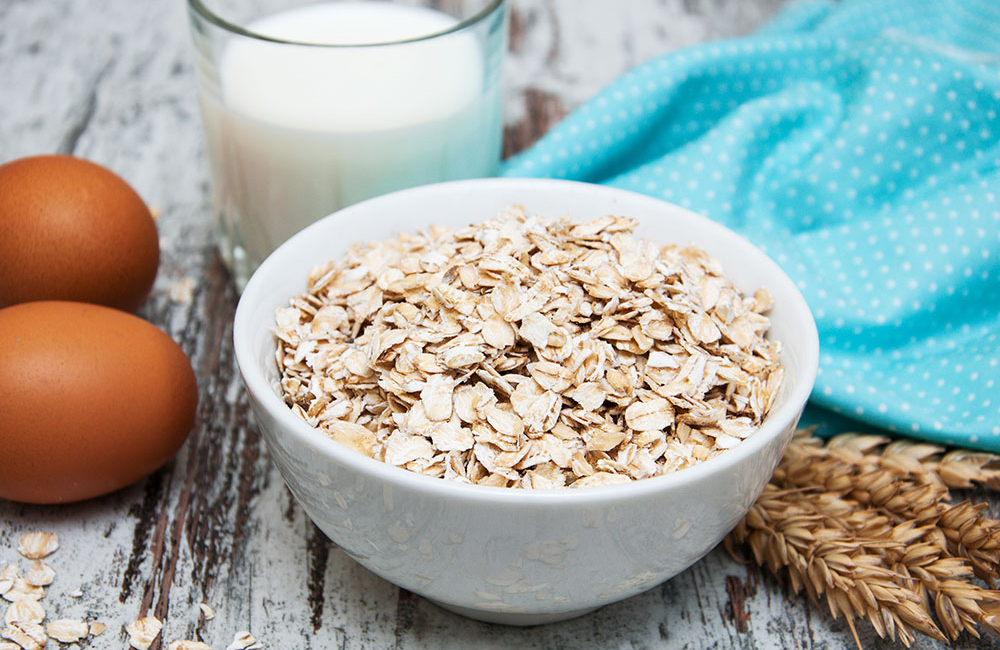
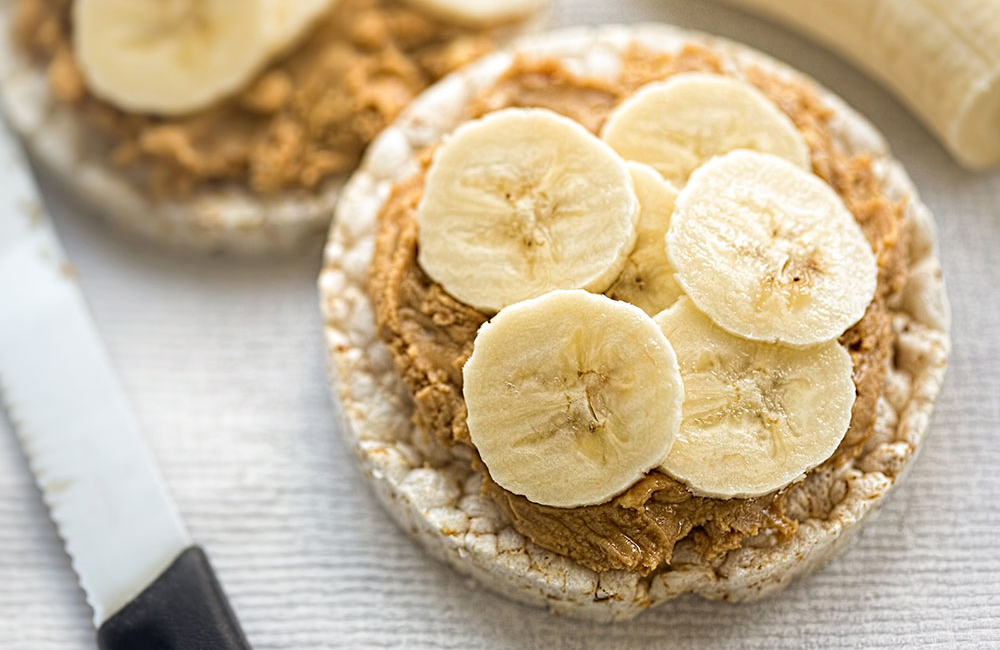

Snack #2:
6 oz. plain Greek yogurt, 1 C. berries
Dinner:
Fish fillet in 1 tsp oil, 1 C. rice, 1 C. green beans
Post-workout:
30 gm protein powder



Want more? SUBSCRIBE to receive the latest Living Healthy articles right in your inbox!
This article should not replace any exercise program or restrictions, any dietary supplements or restrictions, or any other medical recommendations from your primary care physician. Before starting any exercise program or diet, make sure it is approved by your doctor.
Some questions have been edited for length and/or clarity.
 Have a nutrition question? Our registered dietitian is ready to help!
Have a nutrition question? Our registered dietitian is ready to help!
Email nutrition@lafitness.com or submit your question below and it may be featured in an upcoming article!
Debbie James, RDN, helps answer a reader’s question on BCAAs.
Debbie James, RDN, helps answer a reader’s question on macros.
The page you requested could not be found. Try refining your search, or use the navigation above to locate the post.


Just went vegan about a month ago and I have been feeling tired with low energy. I sleep 8 hours a day or more. I eat oatmeal with hemp and chia seeds and peanut butter for breakfast with almond milk. Lunch is brown rice or quinoa with veggies and beans. Dinner is similar to lunch. I drink 1/2 a gallon to a gallon of water a day. Thanks for reviewing this.
– Adrian

Thanks for reaching out, Adrian. At first glance, your described diet seems to be lacking in nuts and greens which provide calcium, zinc, and omega-3 fats. Variety is essential to getting adequate nutrition. Perhaps switch up your peanut butter by including some walnuts during the week. If your calories are still up on your new vegan diet, then I’d consider micronutrient lows since you are feeling tired.
Although a month is a short amount of time, it’s possible you may be slightly anemic.
Iron and Vitamin B-12 are key micronutrients needed to keep red blood cells carrying oxygen. Vegetarian Resource Group of the Academy of Nutrition and Dietetics indicates that for Vitamin B-12, “Non-animal sources include cereals, soymilk, rice milk, and meat analogs that have been fortified with vitamin B12. Also, around two teaspoons of Red Star nutritional yeast T6635, often labeled as Vegetarian Support Formula, supplies the adult Recommended Dietary Allowance.” Iron is a mineral found in dried beans (such as lentils, kidney beans, and black-eyed peas) and dark green leafy vegetables (such as Swiss chard, bok choy, and kale), as well as blackstrap molasses, tempeh, tahini, bulgur, millet, watermelon and raisins. To increase the absorption of iron from plant foods, consume sources of Vitamin C at the same time. For instance, add a tomato salsa to a bean burrito.
Source: http://www.vrg.org/nutshell/VeganDietsinaNutshellPoster.pdf
– Debbie J., MS, RD
Want more? SUBSCRIBE to receive the latest Living Healthy articles right in your inbox!
This article should not replace any exercise program or restrictions, any dietary supplements or restrictions, or any other medical recommendations from your primary care physician. Before starting any exercise program or diet, make sure it is approved by your doctor.
Some questions have been edited for length and/or clarity.
 Have a nutrition question? Our registered dietitian is ready to help!
Have a nutrition question? Our registered dietitian is ready to help!
Email nutrition@lafitness.com or submit your question below and it may be featured in an upcoming article!
Debbie James, RDN, helps answer a reader’s question on BCAAs.
Debbie James, RDN, helps answer a reader’s question on macros.
The page you requested could not be found. Try refining your search, or use the navigation above to locate the post.
Be the first to know about exclusive
content, deals and promotions